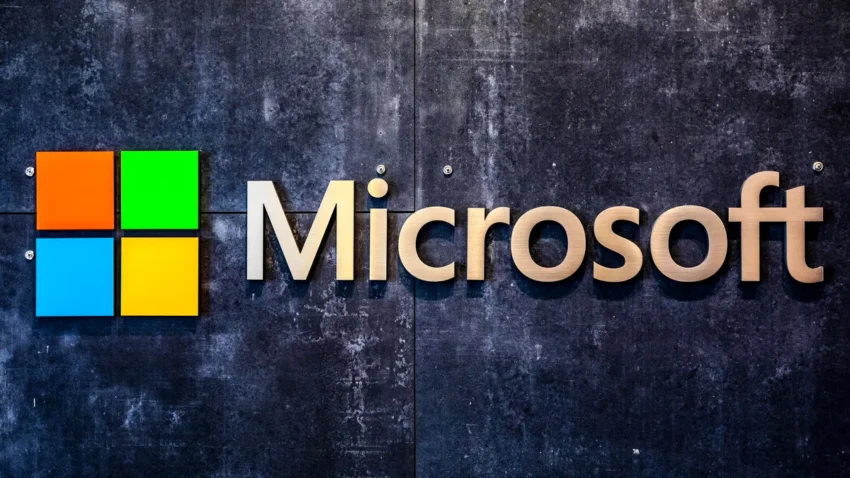After waiting for days, Microsoft has finally completed the $69 billion acquisition of video game developer Activision Blizzard. This action had the potential to cause disruption in the fast growing cloud gaming business. The transaction had previously received the go-ahead from a number of regulatory agencies, but earlier this year it ran into trouble with the UK’s Competition and Markets Authority (CMA). As a result of Britain’s leaving from the EU, the arrangement highlights the CMA’s expanding prominence in international digital regulation.
Microsoft now has access to a huge mobile gaming market
The transaction was first halted by the British regulator in April because of worries about Microsoft’s monopolistic grip of cloud gaming. When Microsoft agreed to sell streaming rights for famous Activision games like “Call of Duty” and “Candy Crush Saga,” the CMA’s firm position paid off and allayed concerns about diminished competition and choice for gamers.

This decision by the CMA was well received not only in the UK but also abroad as other countries struggle with big tech’s expanding influence across several industries. It’s interesting that the CMA was the only regulatory authority to compel Microsoft to make such a concession, underscoring the company’s dedication to consumer protection and economic progress.
With the acquisition, Microsoft is better positioned to compete in the more than $90 billion mobile gaming market, where Sony, the market leader, has less of an influence. Microsoft obtains over “$3 billion of mobile revenues” immediately, according to Michael Pachter, a Wedbush Securities analyst, and uses this money to saturate its Game Pass subscription service with a variety of material that is guaranteed to draw in more players.
Although the agreement seems to be a gain for Microsoft, it may equally be seen as a success for authorities devoted to upholding fairness in quickly expanding businesses. Despite opposition from Microsoft and scant backing from the British government, Sarah Cardell, Chief Executive of the CMA, claimed that this result was made possible because the agency remained “free from political influence.”
